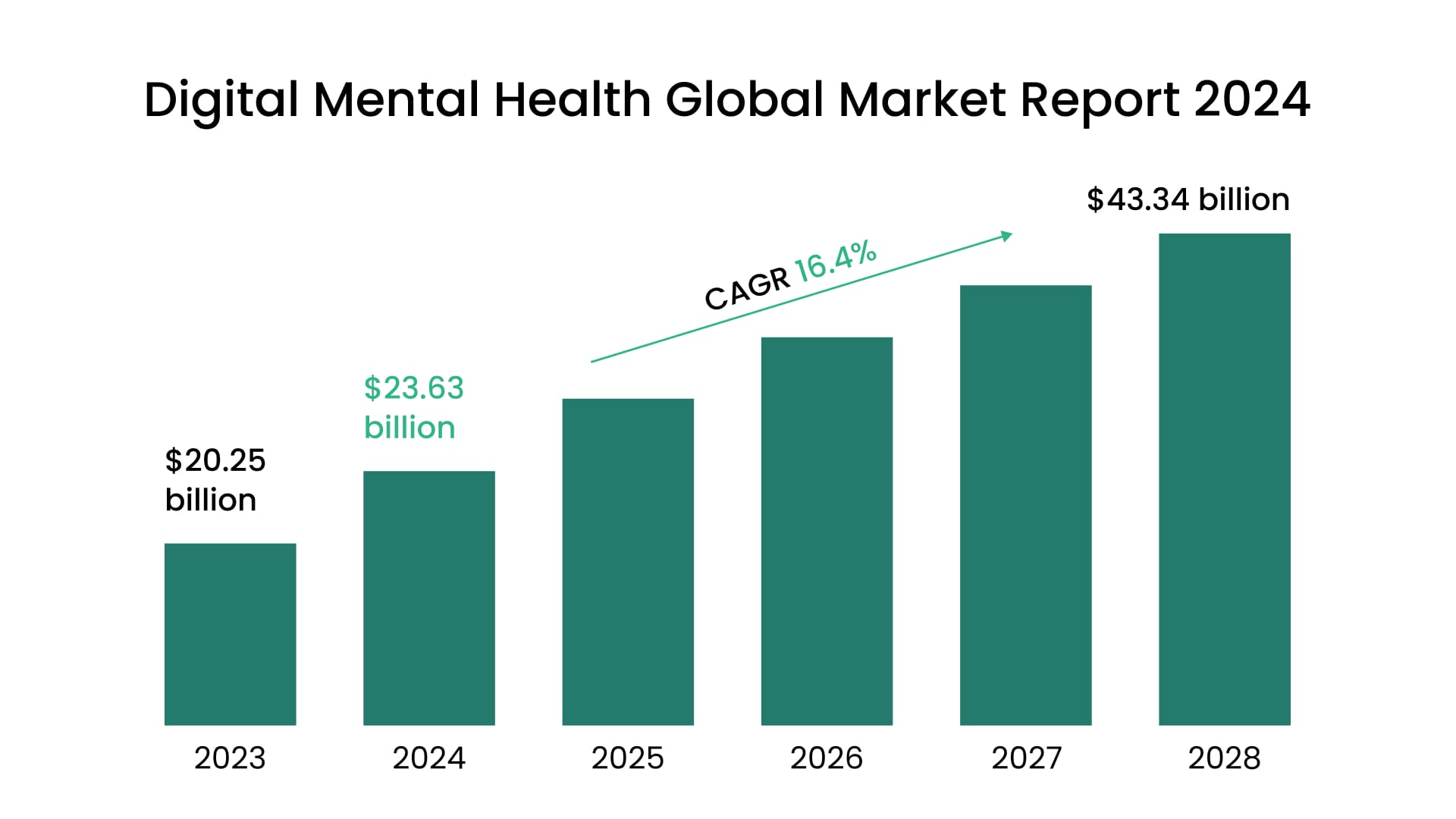Mental Health and Longevity: How Emotional Well-Being Affects Lifespan
In recent years, the conversation around health and longevity has shifted from purely physical factors to a more integrated understanding that includes mental and emotional well-being. Groundbreaking research over the last two years underscores the profound impact of mental health on lifespan. In this article, we explore how emotional well-being acts as a cornerstone for longevity, examining the latest findings and offering actionable strategies to enhance both mental health and life expectancy.
The Science Behind Mental Health and Longevity
Mental health is intricately linked to physical health, creating a dynamic interplay that significantly influences lifespan. A 2022 meta-analysis published in The Lancet Public Health revealed that individuals with untreated mental health conditions have a life expectancy of up to 10 years shorter than their counterparts. This startling statistic highlights the urgency of addressing mental well-being as part of a holistic health strategy.
Key mechanisms linking mental health and longevity include:
- Stress and Inflammation: Chronic stress triggers prolonged inflammation, which is associated with diseases such as cardiovascular conditions, diabetes, and even cancer.
- Behavioral Impact: Poor mental health often leads to unhealthy lifestyle choices, such as smoking, poor diet, and physical inactivity.
- Social Isolation: A 2023 study in The Journal of Aging Studies found that loneliness and social isolation increase mortality risk by 29%, rivalling traditional risk factors like obesity.
Emotional Well-Being: A Protective Factor
Conversely, positive emotional states have been shown to enhance health and longevity. Psychological resilience, optimism, and a sense of purpose are strongly correlated with longer life expectancy. For example:
- Optimism: A study published in JAMA Network Open in 2022 found that individuals with higher levels of optimism lived an average of 11% longer than those with lower levels.
- Social Connections: Strong interpersonal relationships can act as a buffer against stress, improve immune function, and reduce the risk of chronic illnesses.
- Mindfulness Practices: Research from Frontiers in Psychology in 2023 demonstrated that mindfulness-based stress reduction techniques can lower cortisol levels and promote healthier ageing.
Strategies to Enhance Emotional Well-Being and Longevity
To leverage the connection between mental health and longevity, individuals and organizations can adopt a variety of evidence-based strategies:
Prioritize Stress Management
Techniques such as meditation, yoga, and breathing exercises have been shown to reduce stress hormones and improve emotional regulation. Encourage consistent practices—even 10 minutes daily can yield measurable benefits.
Foster Social Bonds
Create opportunities for meaningful social interactions, whether through community groups, workplace initiatives, or personal relationships. Regularly check in with friends and family to maintain strong support networks.
Cultivate Optimism
Focus on gratitude journaling or positive affirmations to shift mindset patterns. Seek therapy or counselling to address persistent negative thought cycles.
Promote Physical Activity
Exercise is a natural mood booster, releasing endorphins and improving overall brain health. Aim for at least 150 minutes of moderate activity per week, as recommended by global health guidelines.
Integrate Mindfulness Practices
Guided mindfulness sessions or apps can help individuals cultivate presence and reduce anxiety. Incorporate mindfulness training into organizational wellness programs.
Address Mental Health Proactively
Regular mental health check-ups should become as routine as physical health screenings. Provide access to professional counselling and mental health resources.

The Organizational Role in Emotional Longevity
Organizations play a pivotal role in shaping the mental health of their employees, which in turn impacts their productivity and longevity. A 2023 report by the Global Wellness Institute found that workplaces investing in mental health initiatives see a 20% reduction in absenteeism and a 15% improvement in employee retention.
Strategies for organizations include:
- Implementing mental health days or flexible work schedules.
- Offering access to therapy and wellness programs.
- Encouraging a culture of openness around mental health to reduce stigma.
Redefining Longevity Through Emotional Health
The intersection of mental health and longevity represents a paradigm shift in how we approach well-being. Emotional health is not merely an ancillary component of a long life; it is foundational. By addressing mental health proactively and holistically, individuals and organizations can unlock the potential for healthier, more fulfilling lives.
The path to a longer, healthier life begins with the mind. Let’s make mental health a priority today, for a better tomorrow.







Comments